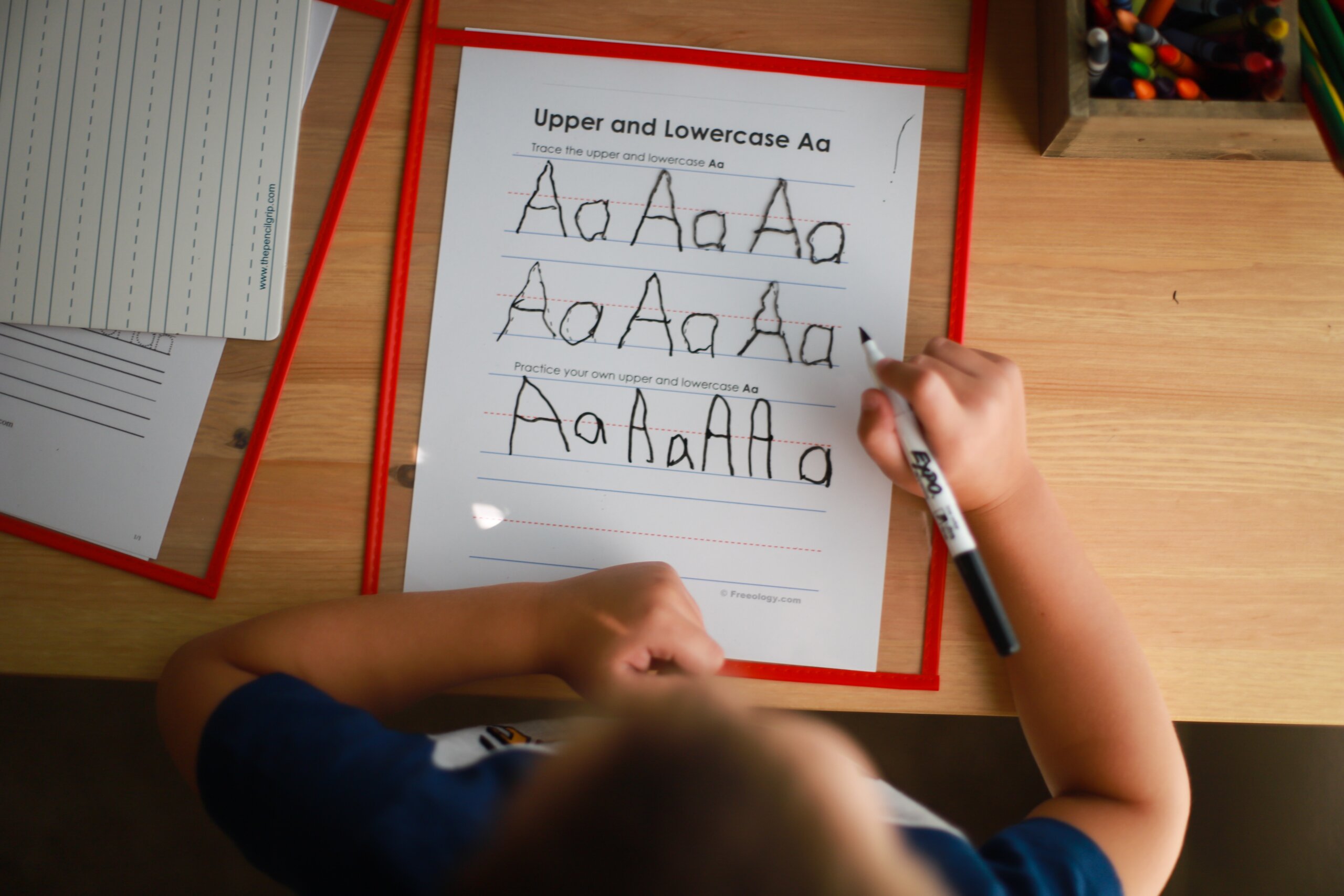10 Red Flags in Special Education School Records
The best way for parents to determine whether their child is making effective progress is to rely on independent evaluators. In addition, there are red flags to look for within a student’s school records, including those found in an Individualized Education Program (IEP) and progress reports that might indicate that a student is not progressing.
Below are ten examples of red flags that might indicate that a student is not making effective academic, social, and emotional progress.
- Goals and short-term objectives repeat year after year.
- Goals and short-term objectives change without progress reports indicating that the student met the previous year’s goals.
- Goals and short-term objectives that are not measurable. The Massachusetts special education law (Chapter 71B) was amended in 2013 to include: “A child’s individualized education program, or IEP, as defined in 20 USC sec 1401 (14) shall include a statement of measurable annual goals, including academic and functional goals, and a description of benchmarks or short-term objectives.”
- Lack of measurable post-secondary goals (transition goals) based on a transition assessment for students 14 and older.
- Progress Reports that use vague language.
- Progress Reports that specifically state that goals or short-term objectives were not met.
- Drastic changes in services year after year.
- Reduction of services without evaluating the student, or when the student is moved to a new school building.
- Failing grades or MCAS scores.
- Language in evaluations or IEPs related to the student’s lack of consistency, including “varying progress,” “day to day,” “sometimes,” “with varying degrees of prompts,” “depending on mood/behavior,” etc.


